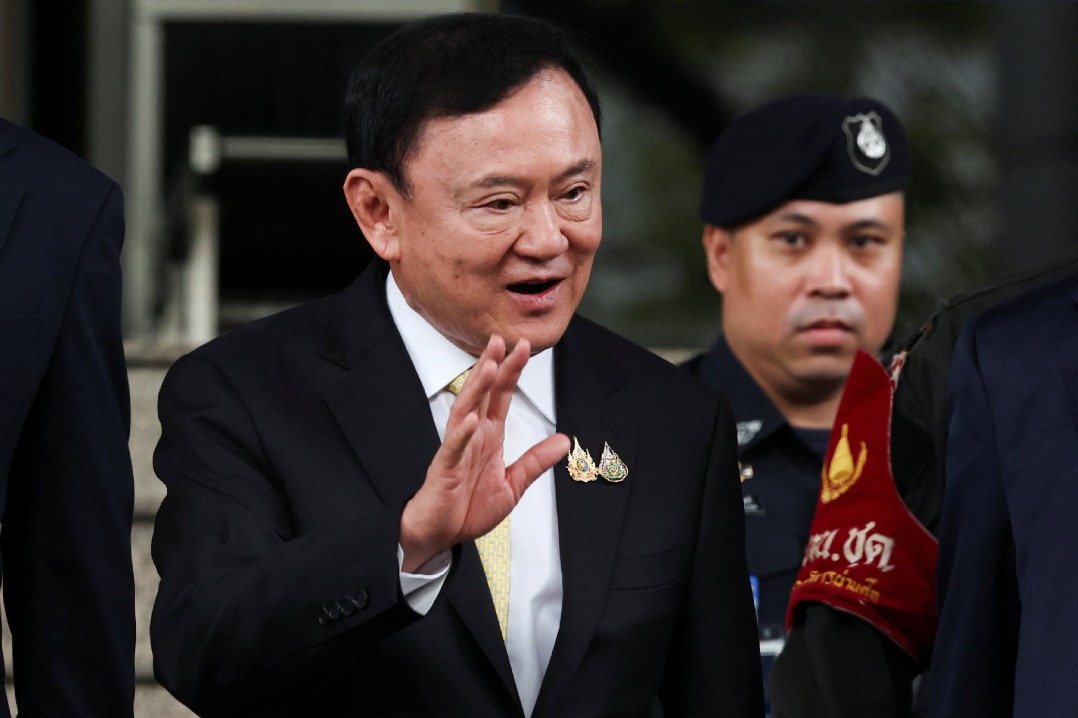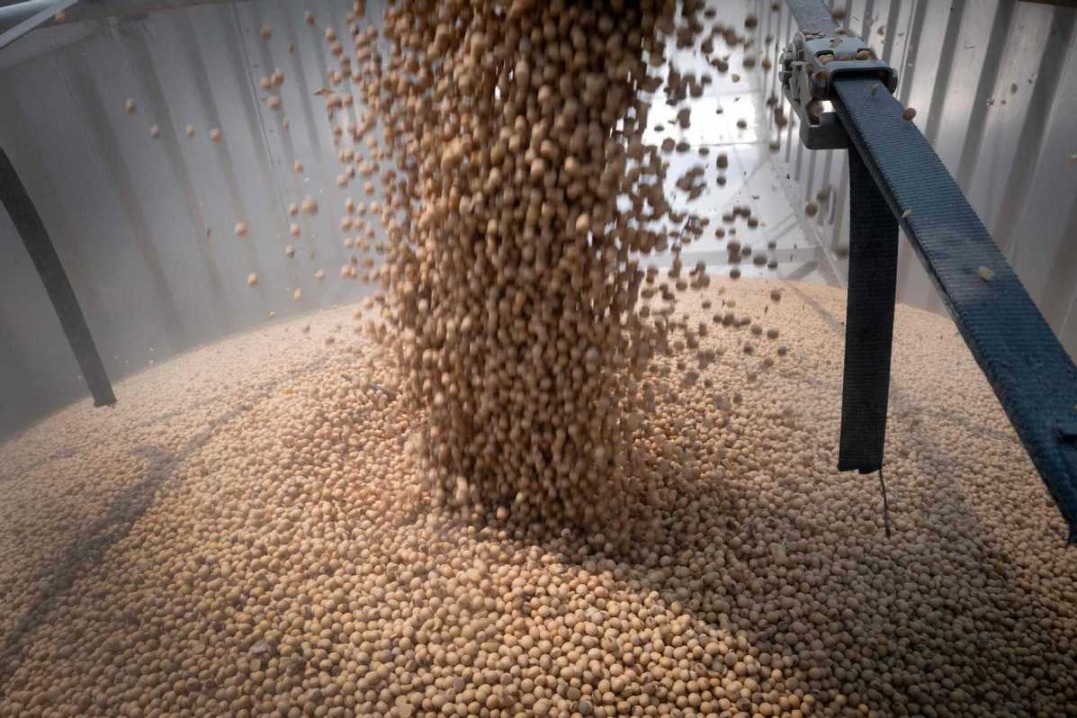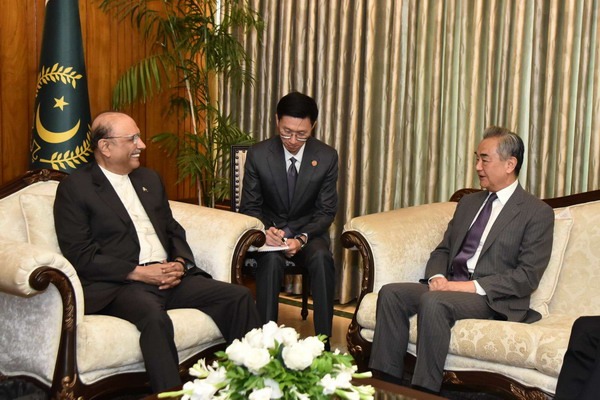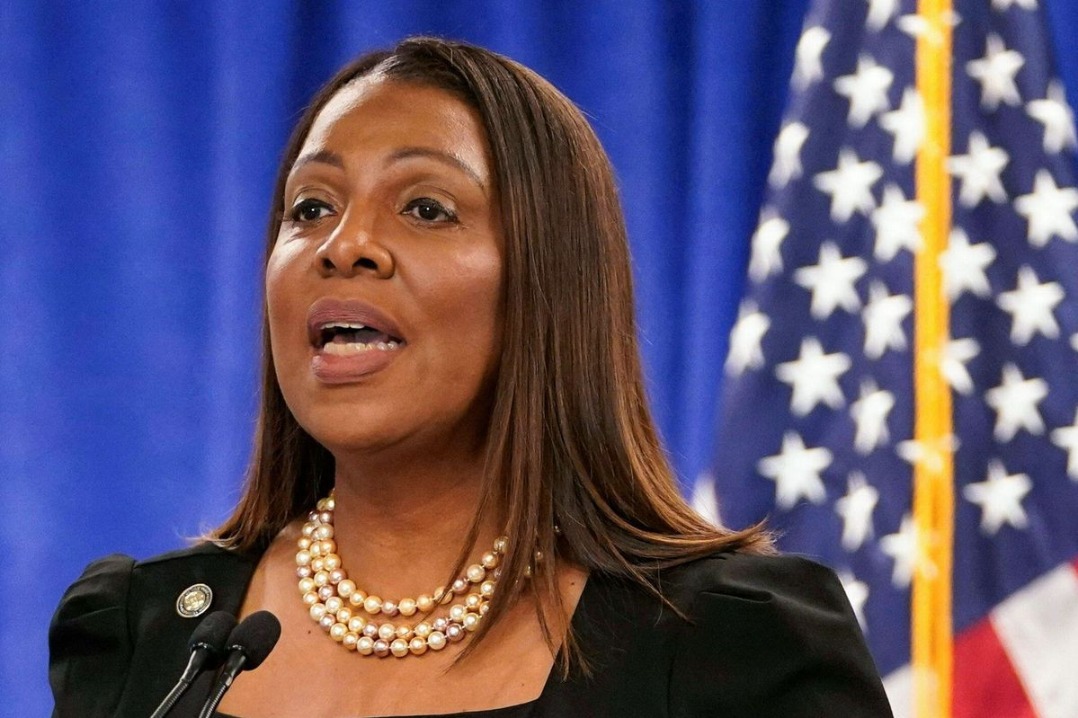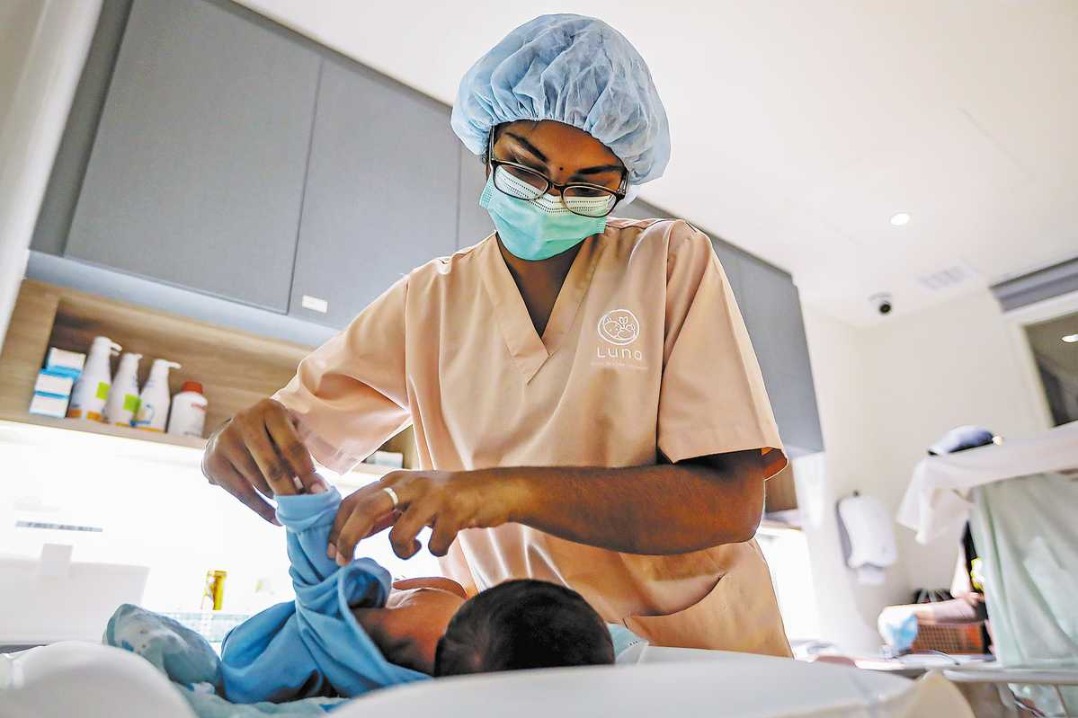Election-winning conservatives to tread bumpy path as Germany shifts right

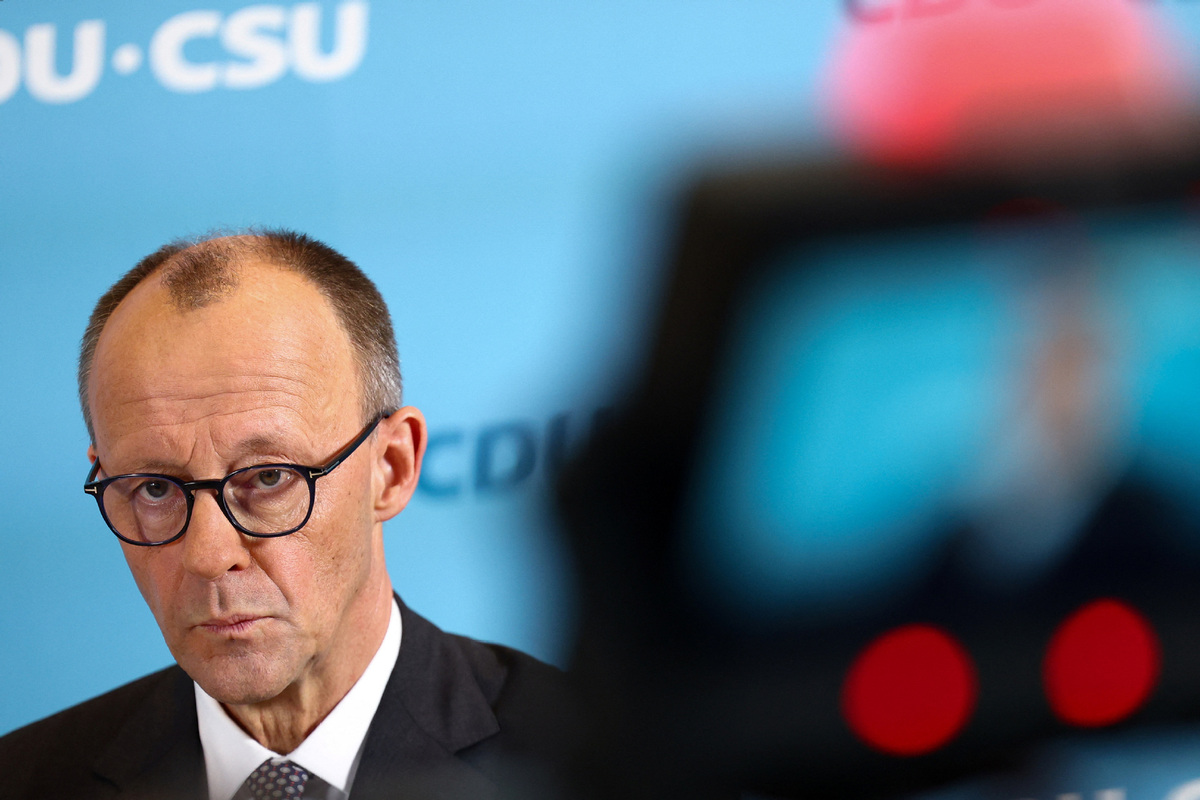
BERLIN - Preliminary results show that Germany's conservative bloc, the Christian Democratic Union (CDU) and Christian Social Union (CSU), has emerged as the winner of the federal election, reclaiming its position as the largest force in parliament and signaling a major political shift.
The expected win notwithstanding, the road ahead for the bloc is strewn with political challenges, not least complex coalition talks and the growing influence of the far-right Alternative for Germany (AfD).
CDU/CSU secured 28.6 percent of the vote, according to the preliminary results released by the Federal Returning Officer. As expected before the election, this victory positions the CDU/CSU leader, 69-year-old Friedrich Merz, as the likely next chancellor.
AfD garnered a record 20.8 percent of the vote, becoming the second-largest party in the Bundestag, Germany's lower house of parliament, for the first time.
In contrast, the Social Democratic Party (SPD), led by incumbent Chancellor Olaf Scholz, suffered its worst election defeat since World War II, winning just 16.4 percent of the vote. The Greens, also once part of Scholz's governing coalition, secured 11.6 percent, placing them in fourth.
"This is a bitter election result for the Social Democratic Party. It is also an electoral defeat," said Scholz, admitting the SPD's defeat. "I have the responsibility for the election result."
Carol Schaeffer, a senior fellow with the Atlantic Council's Europe Center, deemed the AfD the biggest winner of the election.
"The party has doubled its vote share compared to the last election and has also successfully pushed the CDU/CSU, once the party of Merkel, much further to the right," she said.
AfD is less than 15 years old, and it has now beaten several of the country's oldest parties, she said. "Although the 'firewall' will likely hold and keep the AfD out of government, the party is undoubtedly a force that is too big to ignore."
For the victorious CDU/CSU, the top priority now is to form a stable governing coalition with a majority in the Bundestag as soon as possible, though the path ahead will be far from easy.
German news agency dpa said that Merz will need to reach an agreement with a potential coalition partner on a range of critical issues, including how to finance the budget, revive Germany's struggling economy, and increase defense spending in response to shifting transatlantic relations under US President Donald Trump and amid the Ukraine crisis.
With strong internal opposition within the CDU/CSU to forming a coalition with the Greens, and Germany's long-standing "political firewall" preventing cooperation with far-right parties, the most likely coalition partner for the CDU/CSU appears to be the SPD.
On Monday, Merz said he planned to speak with SPD's leader later in the day to begin coalition negotiations. "I am determined to hold constructive, good, and speedy talks with the Social Democrats," he said, voicing hope of enabling him to form a government "by around Easter" at the end of April.
Merz acknowledged that the early stages might prove challenging but expressed confidence that solutions would be found, citing migration, economic policy, and foreign and security matters as key concerns for upcoming negotiations.
Not everyone shares his optimism. Jackson Janes, a senior fellow at the German Marshall Fund, noted that even the return of a Grand Coalition, the CDU/CSU-SPD coalition that ruled Germany for much of the last two decades, may not offer the stability that many Germans and other Europeans are desperate to see.
Partnering with the SPD would give the conservatives a narrow majority of 328 out of the 630 seats in parliament, according to the preliminary results. "The two parties would have only a slight, perhaps razor-thin, parliamentary majority that would offer little guarantee of durability," Janes said.
The most pressing task facing the new administration, regardless of the coalition partners, would be steering Europe's largest economy out of its downturn trajectory. Persistent geopolitical conflicts, energy crisis and deep-rooted structural weaknesses have led to years of "negative growth", with 2024 marking the first back-to-back contraction since the early 2000s.
Merz has been highly critical of the current government's economic policies. During a televised debate this month, he argued that decisions such as shutting down nuclear power plants and tightening supply chain regulations have severely hampered Germany's economic growth, accelerating its decline.
The CDU/CSU union pledges to uphold Germany's "debt brake", or Schuldenbremse, a fiscal rule that limits annual structural deficits to 0.35 percent of GDP, and proposes tax cuts to stimulate economic growth.
However, these initiatives have evoked skepticism. A study by the Munich-based ifo Institute for Economic Research estimated that the union's proposed reforms would reduce government revenues by 97 billion euros (102 billion US dollars) annually, potentially leading to significant deficits.
Migration is another pressing issue for the incoming government. Since 2022, Germany has taken in more than 2 million refugees, fueling public concern over security and increasing dissatisfaction, particularly following several recent deadly attacks involving immigrants.
Merz and the CDU/CSU have vowed to take a tougher stance on immigration controls, criticizing the current government for not being strong enough to crack down on illegal immigration and for the low number of deportations.
On the foreign policy front, the new government is expected to push for greater European autonomy and reduce reliance on the United States. On Sunday, Merz signaled a shift in Germany's diplomatic approach, warning that Washington is becoming increasingly indifferent to Europe's fate.
Merz said that his absolute priority is to strengthen Europe's unity and capabilities. "So that we can achieve independence from the US step by step."
Alexander Clarkson, a lecturer in German and European Studies at King's College London, noted that while Merz was once a staunch advocate of transatlantic cooperation, he now shifts toward embracing a more self-reliant European strategy, especially in light of Trump's second presidency.
"The Trump administration has made a final rupture between the US and EU/UK increasingly likely," he wrote on the social platform X.
















